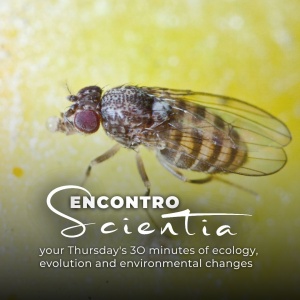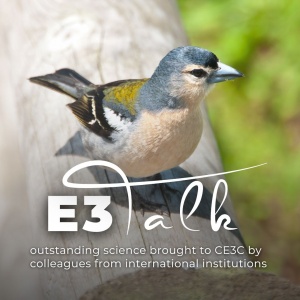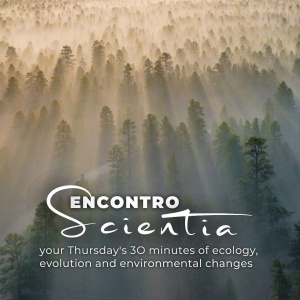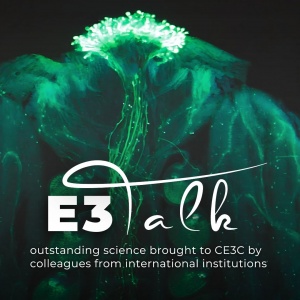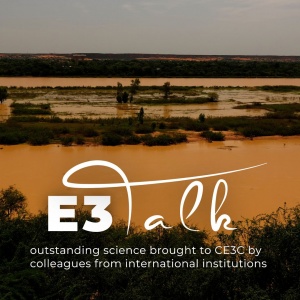E3Talk with Brendon Larson (University of Waterloo, Canada)
14 May 2024 . 16h30 (Lisbon time) . Online only
Online access • LINK
Password • e3talk
We live in an era where humans are causing the mass extinction of other species. To obtain information in the interest of biodiversity conservation, natural scientists now rely on data collected by millions of citizen scientists around the world. Increasingly, these citizen scientists utilize mobile applications (“apps”), such as eBird and iNaturalist – among many others – to collect data, network, and even identify species. While these high-tech practices provide information and claim to facilitate connection to nature, they also serve as an increasingly obligatory passage point that prioritizes certain types of expertise and knowledge claim – especially those required for biodiversity big data analytics.
In this presentation, I’ll critically assess the claim that these apps facilitate connection to nature in terms of species realism (and speciesism), objectification through naming, and technological mediation of nature.
Tags: e3talk biodiversity conservation citizen science mobile apps


